
- Mode2 Portable AC Charger
- Mode3 Ev Charging Cable
- Home AC Charger
- Commercial AC Charger
- Home DC Fast Charging Station
- Commercial DC Fast Charging Stat
- V2X Charger
- EV Charging Station Power Module
- Ev Charging Plugs
- Ev Charging Socket
- EV Charging Accessories
- On Borad Charger
Latest news
- Nissan Unveils Bidirectional Onboard C
- Milence Launches First Charging Hub in
- Norway Likely Delaying Electric Van De
- India Unveils Five-Year Plan to Introd
- Hyundai Collaborates with Canadian Bat
- LG Energy Solution to Provide Batterie
Contact us
- ADD: 4-9-4 Jinkai International No. 1230 Jinkai RD, North of Chongqing China, 401122
- TEL: 0086-23-63425659
- FAX: 0086-23-63013491
- E-mail: bake@senkumachinery.com
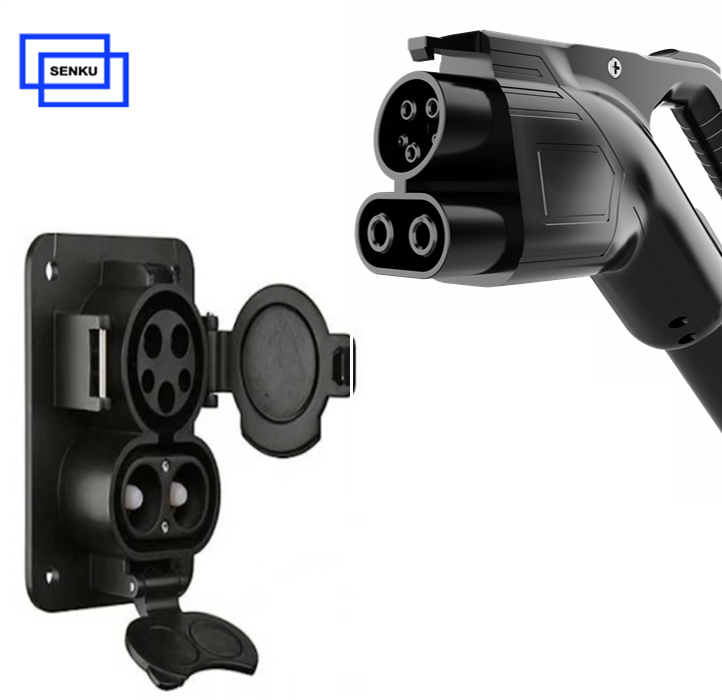


250A electric vehicle charging inlet ccs type1
- Rated: 250A DC and 60A AC
- Certificate: UL
- IP Level: TYPE 3R
- Mechanical lifespan: Plug and unplug ≥10000 times
- Product description: This 250A electric vehicle charging inlet CCS type1 allows users to connect with Level 1 and Level 2 AC chargers for slower, more gradual charging, ideal for overnight or at-home use. Alternatively,
Product introduction
North American DC Rapid Charging 250A Electric Vehicle Charging Inlet CCS Type1
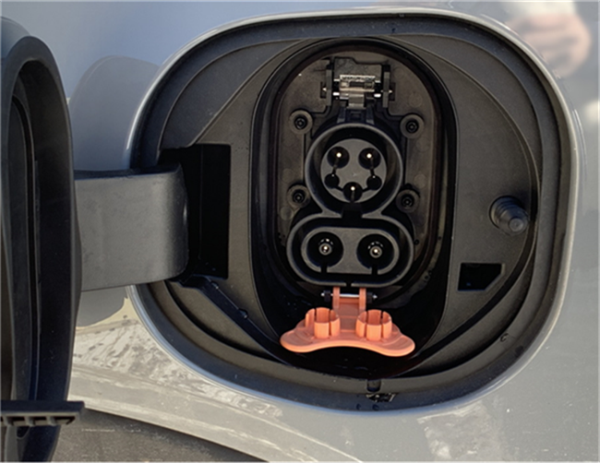
The CCS (Combined Charging System) standard is an evolution of the J1772 (Type 1) charging interface, expanding on its original five-pin configuration by adding two extra pins specifically for DC fast charging. This design features seven pins in total: three for AC charging, similar to the J1772 setup, and two larger pins dedicated to handling high-power DC charging for faster charging speeds.
By integrating both AC and DC charging options within a single connector, the CCS standard offers a versatile charging solution. This 250A electric vehicle charging inlet CCS type1 allows users to connect with Level 1 and Level 2 AC chargers for slower, more gradual charging, ideal for overnight or at-home use. Alternatively, when a quick recharge is needed, CCS enables DC fast charging (Level 3), which bypasses the vehicle’s onboard charger to deliver a direct and powerful charge to the battery, significantly reducing charging time.
Electric Performance.
Rated current
60A AC and 250A DC
Operate voltage
110V / 240V AC and 1000V DC
Insulation resistance
>2000MΩ (DC1000V)
Terminal temperature rise.
<50K
Mechanical life
no-load plug in / plug out > 10000 times
Materia
Thermoplastic, Flame retardant grade UL94-0;
Pin: Cooper alloy,sliver + thermoplastic on the top
Operation Temp.
-30℃ ~ + 50℃
IP protection class
TYPE 3R
Standard
UL2251 / SEA J1772
Certifications
UL / TUV
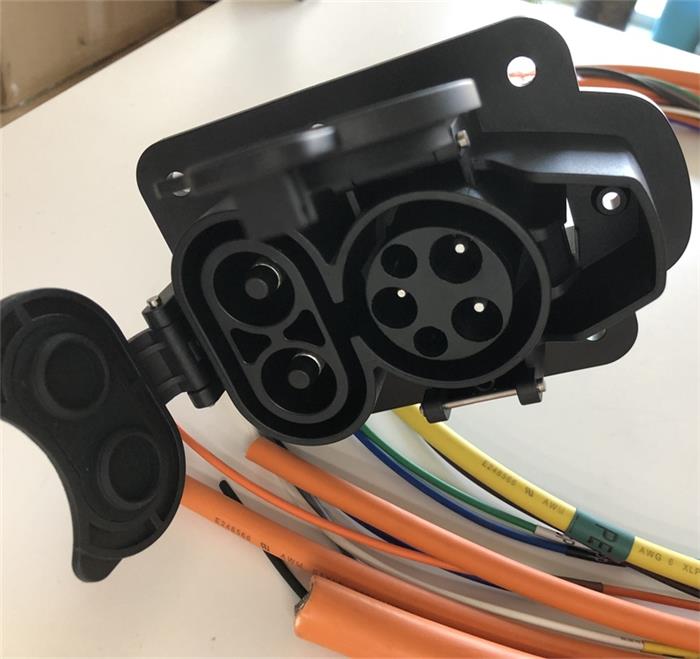
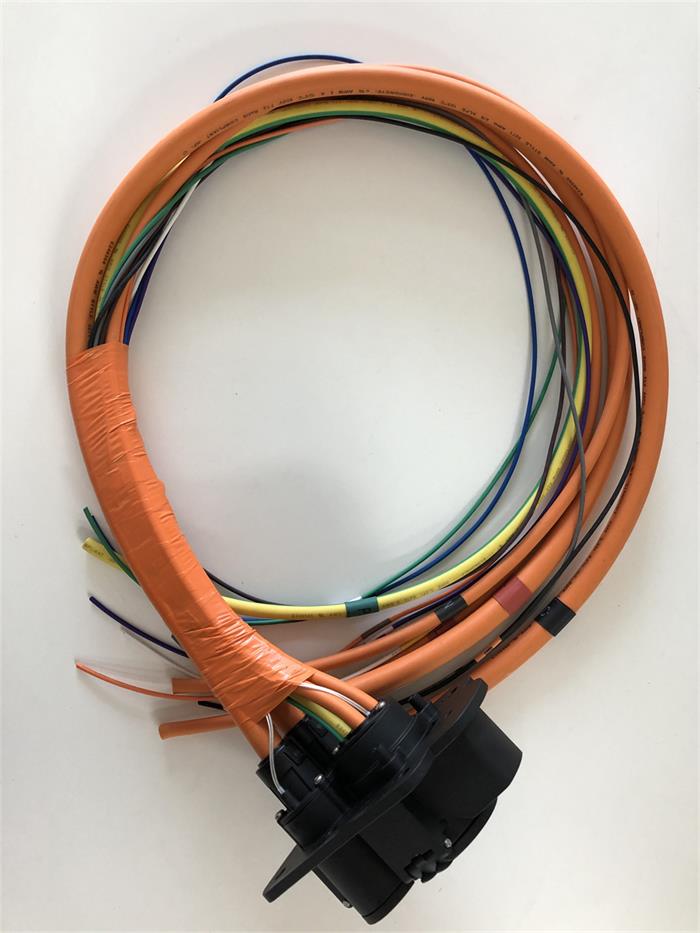
What is the Combined Charging System (CCS)?
The Combined Charging System (CCS) was developed to address the need for a more flexible charging solution. Spearheaded by leading European and American automakers like BMW, Daimler, Ford, and Volkswagen, CCS combines both slow AC charging and fast DC charging capabilities into one plug. This innovation marks a significant improvement in the usability and functionality of EV charging systems.
Key Differences Between J1772 and CCS
The main difference between J1772 and CCS lies in the range of charging speeds each supports. The J1772 (Type 1) standard is limited to Level 1 and Level 2 AC charging, making it suitable for home and public charging stations but incapable of supporting DC fast charging, which is advantageous for long trips requiring quick recharges.
In contrast, CCS covers the full spectrum of charging speeds, supporting not only Level 1 and Level 2 AC charging but also high-speed DC fast charging (Level 3). This versatility allows vehicles equipped with CCS to quickly recharge at DC fast charging stations while also being able to charge at slower speeds when necessary.
Another key distinction is the physical design of the connectors. The J1772 connector uses a single plug that manages both Level 1 and Level 2 AC charging, ensuring broad compatibility across various AC charging stations. On the other hand, the CCS connector builds on the standard J1772 design by adding two large pins below the original plug to enable high-current DC fast charging. This dual-purpose design offers enhanced flexibility for different charging scenarios.
While these differences may seem technical, they have a direct impact on the user experience, influencing where and how drivers can charge their electric vehicles. Both J1772 and CCS are vital to expanding the EV charging infrastructure and promoting the adoption of electric vehicles.
Prospective EV buyers should understand these distinctions to make informed decisions about their charging needs and ensure compatibility with their vehicle's capabilities.
Hot tags: #electric vehicle charging inlet ccs type1 #manufacturers #factories

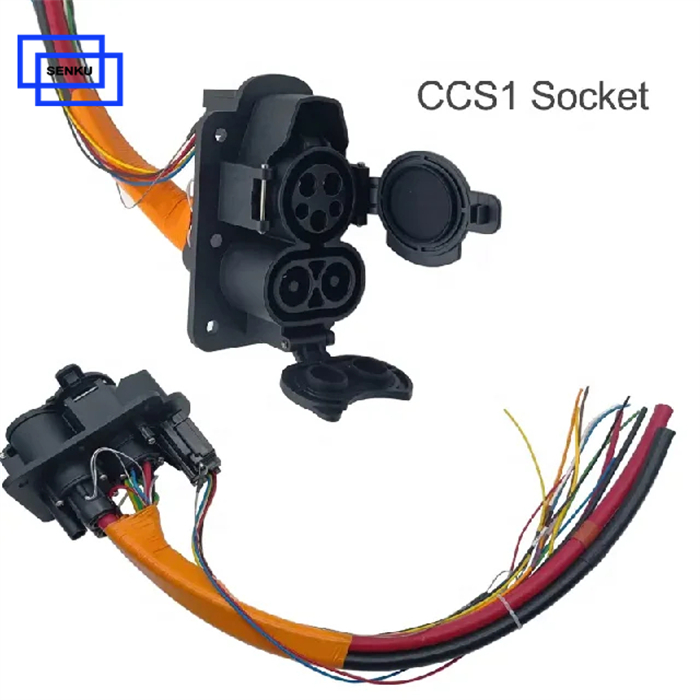



 Senku ,Bake
Senku ,Bake Senku
Senku